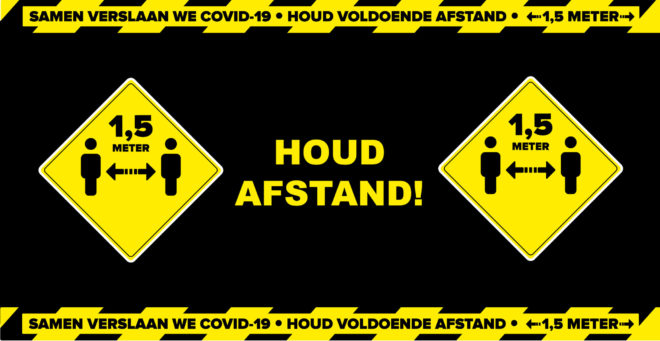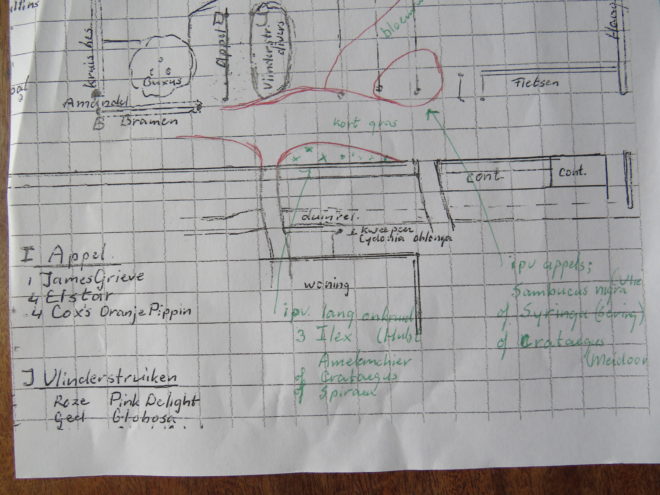Allegri’s Miserere brings you where linear reasoning cannot take you: to the realization that only inner surrender, brings peace.
Inimitably good slogan, ever, from Heineken: ‘Refreshes the parts other beers cannot reach’.
Suffering under ourselves
Psalm 51 makes a valiant attempt to say something about it. Here speaks a poet who is at loggerheads with himself. Between the lines you hear: ‘I’ve tried to solve my problems this way and that way, along this road and that way, but whatever I do, it just won’t work. I continue to suffer under myself’.
And precisely because the psalmist cannot put his finger on what torments him, he concludes, he prays, ‘understands’: ‘then my salvation must come from that dimension of life which I cannot put my finger on’. In other words: he abandons any pretension of his own knowledge.
And what happens? The bounce back gives him a sense of life again. He sees the future again. But not because he let go of his view of his past, but the grip he derived from his view of himself.
He has not changed his mind about the problems he has, but about the person he is.
Demystified, Psalm 51 says: the same “I” that lands us in the swamp cannot, by definition, also rescue us from it.
The genius of Allegri: how he makes this crushingly basic insight audible. With notes, the composer tells what the poet is using words for.
The key to glory? Simplicity. A different way of thinking about the thinker we think of ourselves. Hence the same repetition of the same notes. Because every human being always falls into the same trap. The struggle with its complexity is preferable to the mere surrender to the recognition of having once again put on too large of trousers.
‘How did you come up with this,’ I am sometimes asked, ‘with this Liber do-it-yourself coaching methodology?’ ‘Psalm 51’, I say. ‘Psalm 51 and Allegri’. What the poet tells the reader, the composer makes the listener hear, the Liber methodology lets the practitioner experience.








